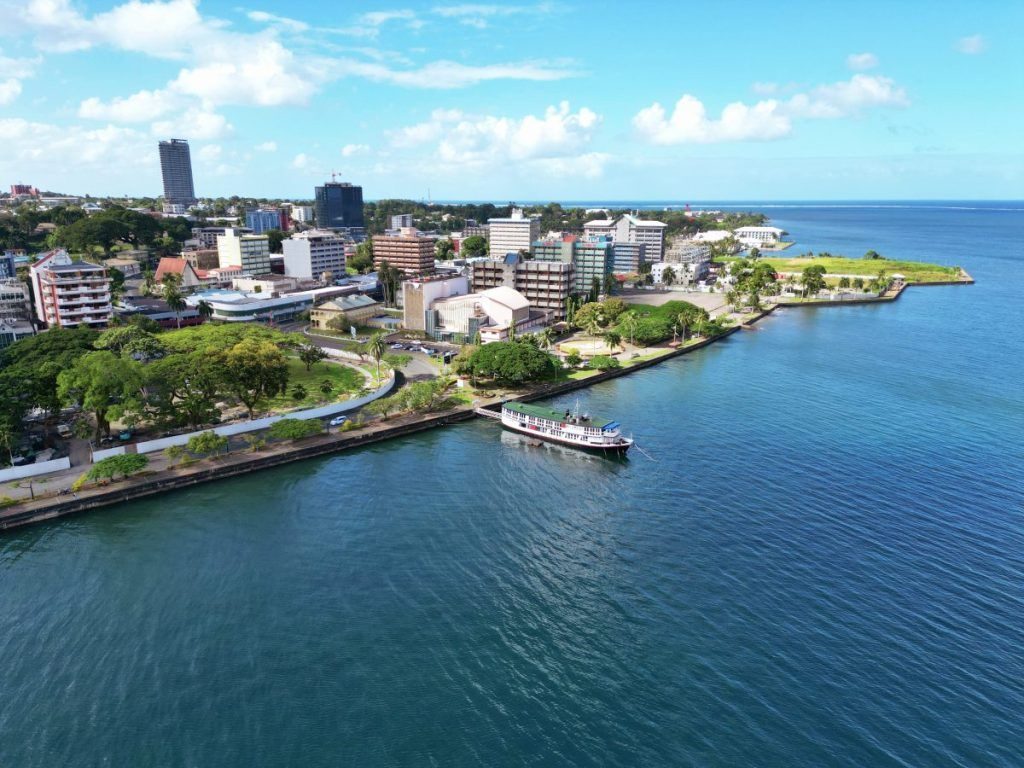THE United States of America is planning to solidify its presence in the Pacific region through a major investment undertaking in Fiji, sources close to the deal have revealed.
Details are still sketchy but it is understood the Millennium Challenge Corporation (MCC), one of the US Government’s premier development agencies with over $17billion invested in compacts and programs all over the world, has chosen Fiji as its next compact country and that it has made its intent known to the Government.
The MCC has three types of grants according to its website: Compact, Threshold Program and Regional Compact.
“Compacts are five-year agreements between MCC and an eligible country to fund specific programs targeted at reducing poverty and stimulating economic growth,” it states.
“MCC’s unique model for the development of compact programs reflects the principles that shaped the agency’s creation in 2004.
“These include the principle of country ownership, a belief that assistance is most effective when built on a partnership (or “compact”) in which recipient countries assume greater responsibility for their own economic development.”
The MCC has an ongoing program with Kiribati and Solomon Islands, according to the website, and had also completed a compact with Vanuatu. Should the Government accept the offer, the Fiji compact will be MCC’s biggest investment in the region by far, according to the source. It will also be its first compact country again in the Pacific since the Vanuatu compact ended in 2006.
According to its website, each year, the MCC board of directors selects eligible countries for MCC assistance and assesses individual country commitment to ruling justly, investing in people, and economic freedom using policy indicators compiled into country scorecards. In Fiji’s case, it had most boxes ticked for the 2025 financial year.
Investments by MCC are typically in the areas of agriculture, education, energy, health, land and property rights, roads and transportation infrastructure, water, sanitation and irrigation.
Note: This article was first published on the print version of the Fiji Times dated August 23, 2025



